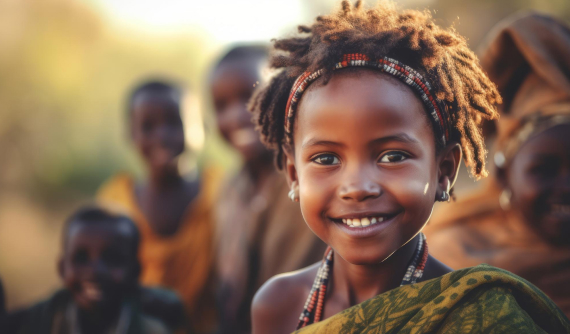
In the wake of conflict, displacement, or natural disaster, the loss of shelter is more than a material hardship—it is the erasure of safety, identity, and stability. For the millions who have been forced to flee their homes, the trauma of displacement is compounded by the daily uncertainty of where to sleep, how to protect their children, and whether they’ll ever return to a place they can call home. Helping Hands – Sawaeid addresses this urgent humanitarian crisis through a comprehensive program of Habitation, Counseling, and Mental Health Support, designed not only to provide shelter, but to restore dignity and rebuild shattered lives.
The habitation component of this initiative begins with immediate responses to displacement. Sawaeid constructs temporary shelters, tent communities, and emergency housing units in areas with large populations of internally displaced persons (IDPs) or refugees. These shelters are designed to be weather-resistant, secure, and gender-sensitive, with separate sleeping spaces for women and children to prevent exploitation and abuse. In camps or urban areas, Sawaeid also works to rehabilitate abandoned buildings or homes into safe communal shelters for those in need.
Where displacement is long-term, Sawaeid transitions to semi-permanent housing solutions, including prefabricated homes or durable materials that can serve families for several years. Each shelter is accompanied by essential services such as clean water access, sanitation facilities, and basic furniture or cooking equipment. In all housing efforts, special priority is given to female-headed households, orphans, the elderly, and individuals with disabilities.
However, a house is not a home without the security and mental peace that allows individuals to rebuild their lives. That is why habitation support is paired closely with counseling and mental health care, recognizing that trauma is often invisible but deeply debilitating. The impact of violence, loss, and displacement leads to widespread cases of post-traumatic stress disorder (PTSD), depression, anxiety, and grief, especially among children and survivors of violence.
Sawaeid offers structured psychosocial support programs within its centers and communities. These include individual counseling, group therapy sessions, family reconciliation programs, and support groups for survivors of gender-based violence. Trained local counselors and international trauma specialists provide these services with cultural sensitivity, creating safe and confidential spaces for healing. For children, play therapy, art therapy, and trauma-informed education programs help them regain a sense of normalcy and emotional security.
A critical part of this work also involves assisting those who are beginning the process of returning to their original homes after displacement. Often, returnees find their homes looted, destroyed, or occupied. Helping Hands – Sawaeid supports them by providing construction materials, legal aid for reclaiming property, and financial assistance for rebuilding. Psychosocial counselors work with returnee families to help them reintegrate, rebuild community ties, and overcome the psychological burdens of starting over.
Moreover, Sawaeid advocates for community-based reintegration programs to prevent stigma against returnees and foster social cohesion. This includes peacebuilding dialogues, local mediation efforts, and economic opportunities to help former IDPs transition from aid dependence to self-sufficiency.
Through its holistic approach, Helping Hands – Sawaeid ensures that its support goes beyond providing a roof—it provides a foundation for psychological recovery, human dignity, and long-term stability. Housing is the first step toward a new life; healing is what gives that life hope and direction.